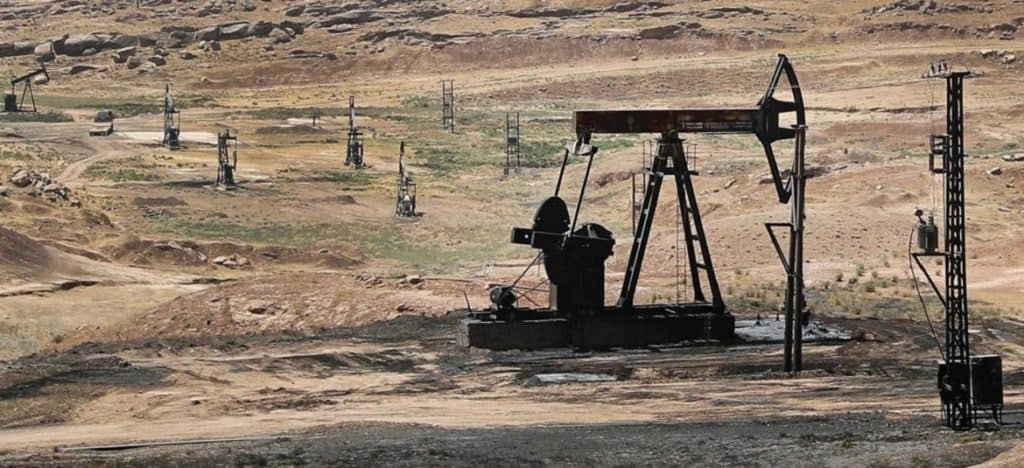By Denis Korkodinov
As a result of the military conflict in Syria, Damascus lost control over a large part of strategically important oil fields. Losses from this were disastrous for the Syrian economy. A new military campaign for the liberation of areas rich in oil, could significantly improve the situation.
Low rates of oil production put Syria in front of the need to buy oil from international partners. However, American and European sanctions, which faced the regime of Bashar Assad and Iran, are blocking oil supplies. Tankers simply can not reach Syrian ports.
It should be noted that back in 2013, Syrian oil reserves amounted to 2.5 billion barrels, while gas reserves – 241 billion cubic meters. As a result of the development of military operations, control over the main oil fields in Syria was divided between the regime of Bashar al-Assad, the SDF, the Kurds and the Islamic State.
Thus, the SDF secured control over oil fields in the province of Deir ez-Zor (Al-Omar). In addition, the Syrian opposition inherited the Jafra and Tanak deposits in the provinces of Hassak and Rakka. In turn, the forces of Bashar al-Assad continue to control the gas fields in Shaer, Arak and Sadad, as well as some oil fields in Homs, Raqqah and Deir ez-Zor.
Meanwhile, because of the war, most of the production facilities in Syria were either destroyed, or captured, or their work was mothballed under pressure from international sanctions. Direct losses from this amounted to more than $ 74 billion, since the extraction of crude oil in the last 6 years alone fell to almost 1 percent, while the rate of gas production fell to 31 percent.
In order to compensate for the losses, Damascus was forced to buy oil in Iran. However, due to the pressure exerted by the United States, the import of oil products to Syria turned out to be almost impossible. Thus, over the past 9 months, the ports of Syria could not take any oil tanker.
For this reason, the regime of Bashar al-Assad have only two options to try to save the country’s economy from total collapse; concluding an agreement with the SDF or the Islamic State, thanks to which Damascus could get access to the occupied oil and gas fields. or starting new military actions to liberate areas rich in hydrocarbons.
(The opinions expressed in this article are solely those of the author and do not necessarily reflect the views of World Geostrategic Insights).
Image Credit: AP/Hussein Malla/thedefensepost







